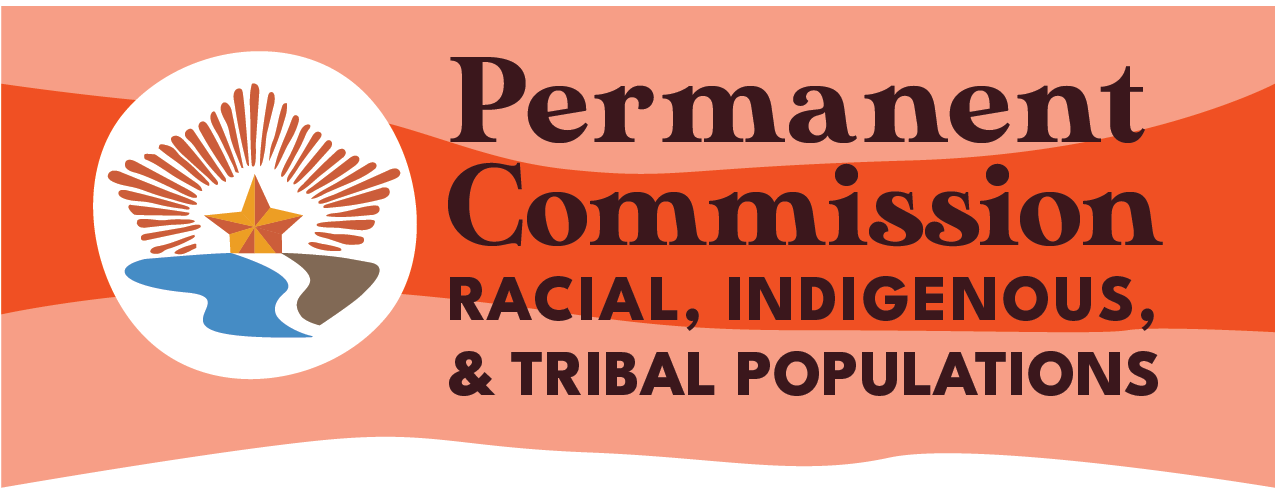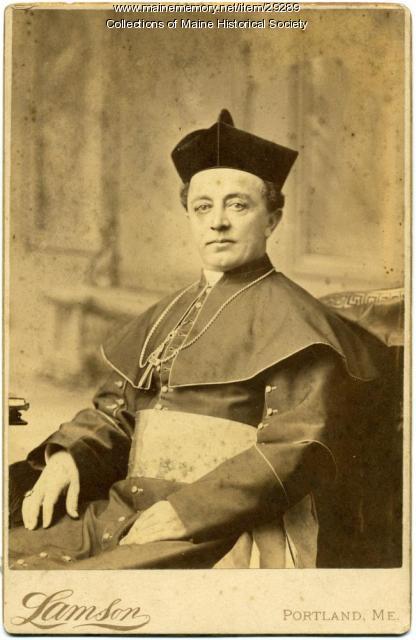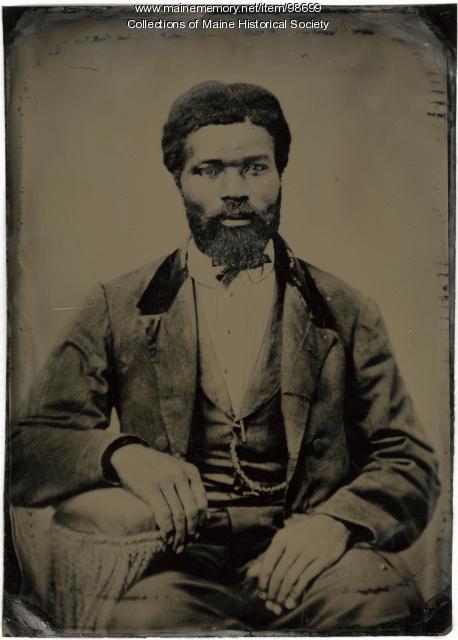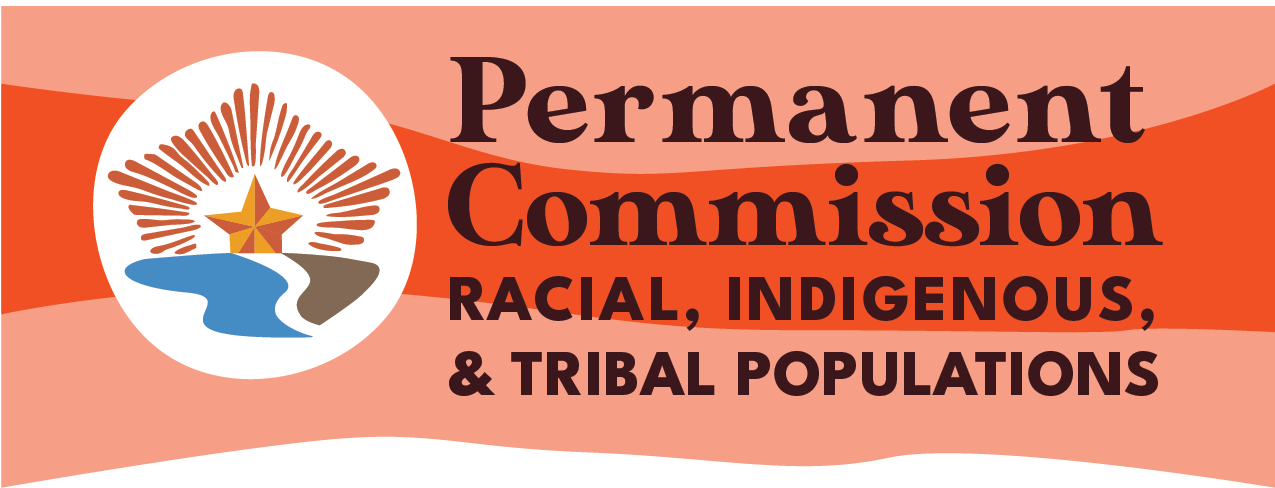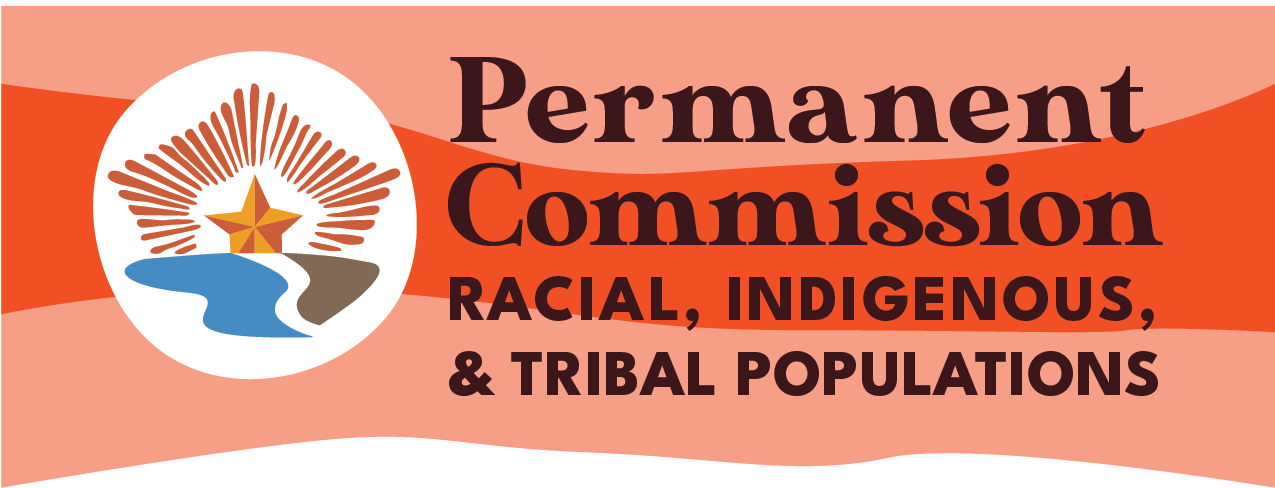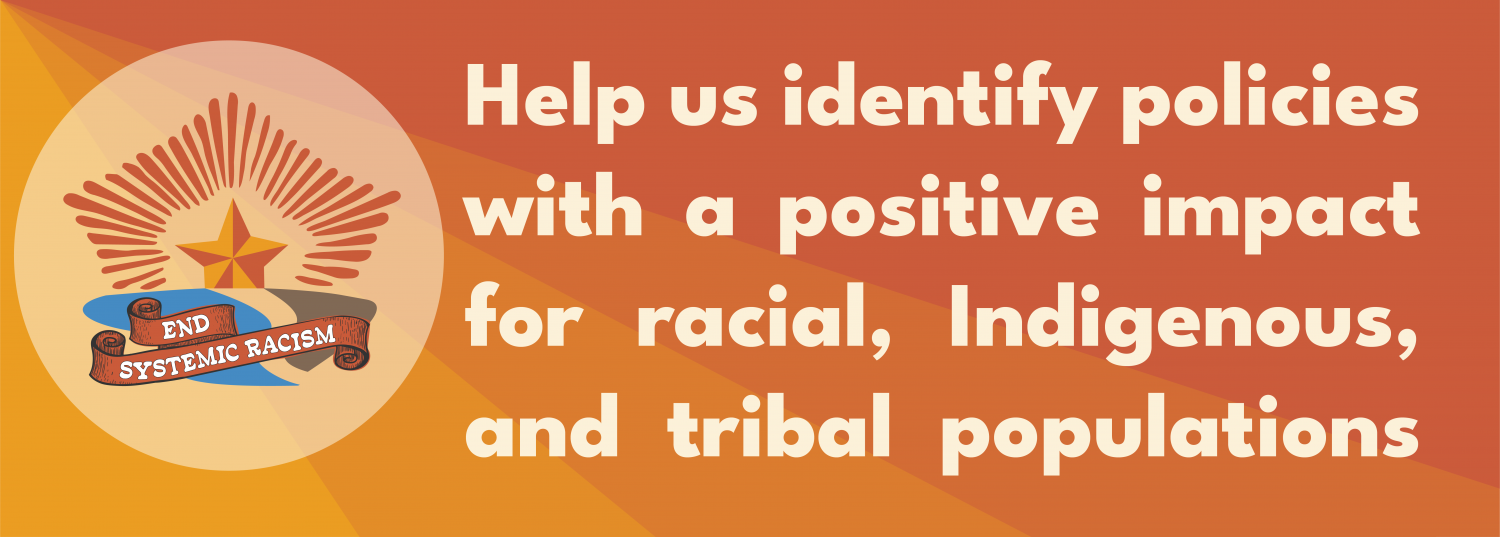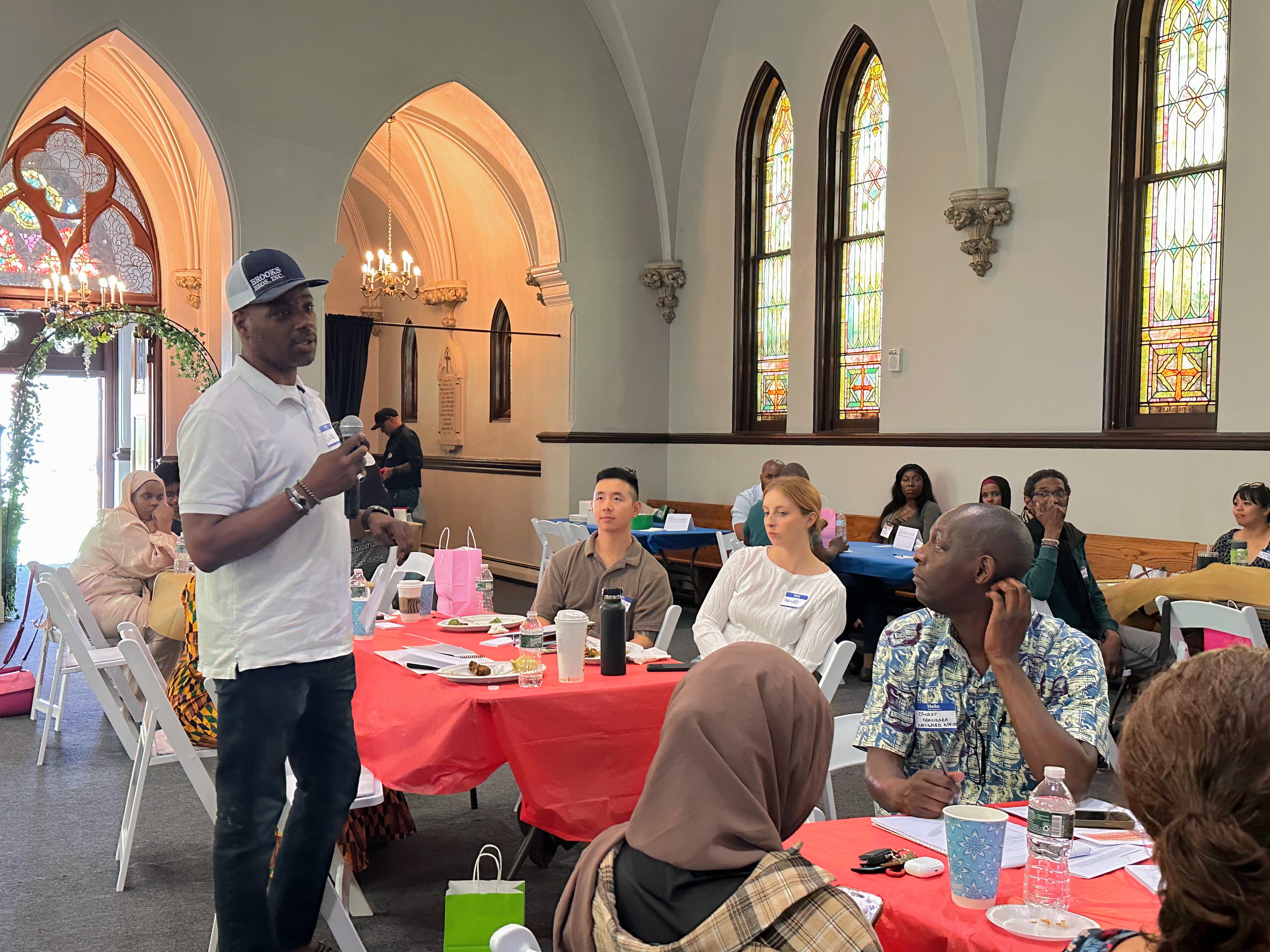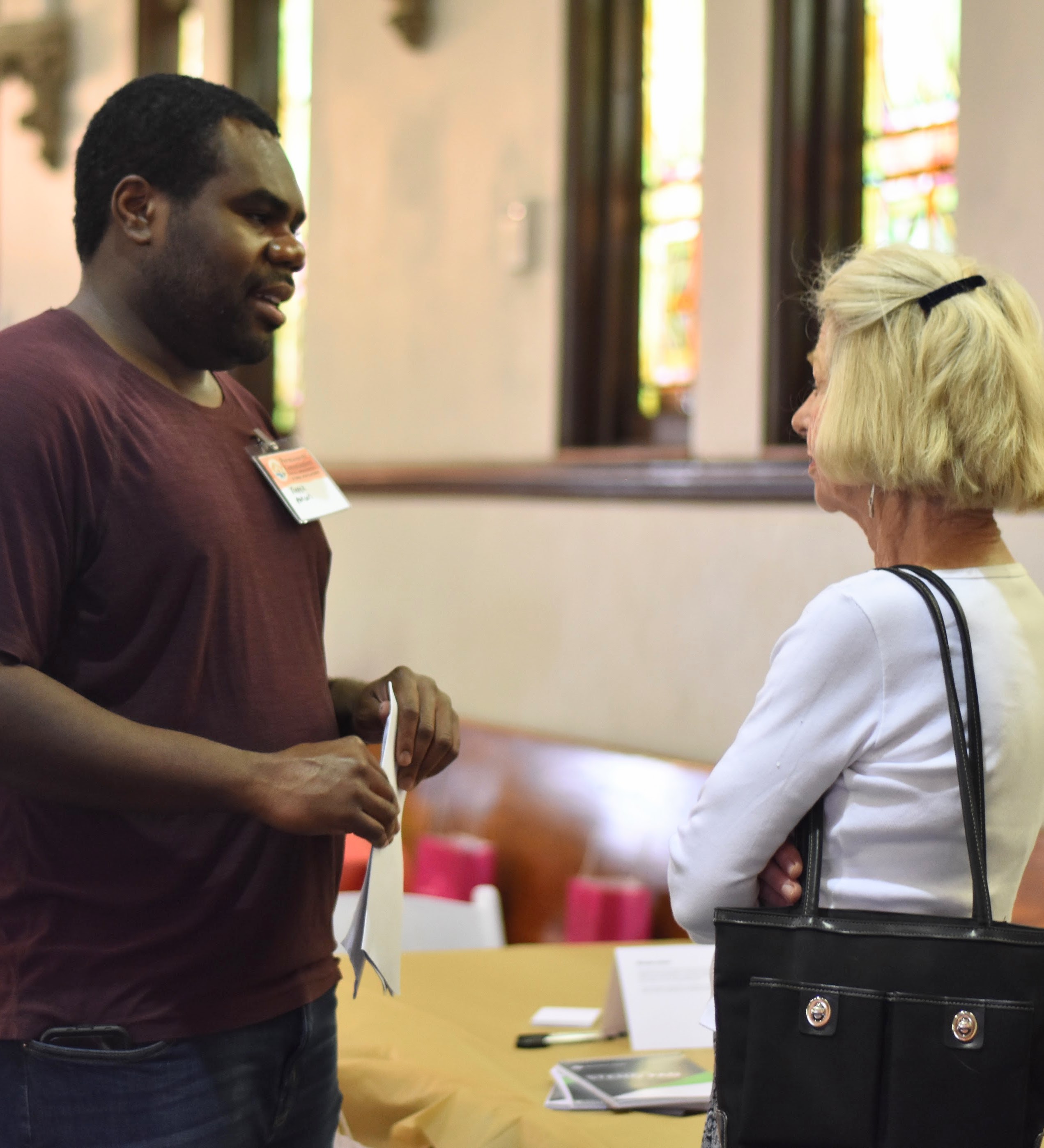
Juneteenth Mini-Awards
Date:
We are launching our next round of mini-awards! This round of awards will provide up to $4,000 to eligible organizations to develop and execute 2024 Juneteenth celebration activities and events in Maine. We're sharing some application guidance and links below.
What is the Juneteenth Mini-Award?
The Permanent Commission on the Status of Racial, Indigenous, and Tribal Populations (Permanent Commission) has a statutory goal to promote, implement, and coordinate programs that create and improve opportunities for historically disadvantaged racial, Indigenous, and tribal populations in the state.
To advance this goal, we are launching a mini-award program providing up to $4,000 to eligible organizations to develop and execute Juneteenth celebration activities and events in Maine.
If you work at an eligible organization and have an idea for a Juneteenth celebration activity or event, please submit a brief proposal to us HERE for our consideration!
Who is eligible to apply?
In order to qualify, organizations must meet one of the following criteria:
- Be a 501(c)(3) nonprofit organization located in Maine,
- Be a town or county government in Maine,
- Be a Wabanaki Tribal government, or
- Be a school system in Maine.
Organizations with multiple affiliated locations across the state should submit a single application. The Permanent Commission is not able to contract with individuals. Individuals wishing to apply must have an eligible fiscal sponsor that is able to enter into a contract with the State of Maine. If you have any questions regarding your eligibility, please reach out to the Permanent Commission at the contact below.
How much funding is available?
The Permanent Commission is offering one-time awards of up to $4,000 per organization. Applicants are encouraged to apply for the full $4,000 with a supporting budget. The Permanent Commission has the discretion to award fewer awards than planned, based on the quality and completeness of the applications.
Selected partners will enter into a Low Cost Service Contract (LCSC) to begin project implementation. The Permanent Commission hopes to execute contracts by May 20th, 2024.
Please note: Payment can not be made in advance. Contracts will provide for partners to submit two invoices over the course of the contract for work that has been completed and expenses incurred.
What types of expenses are allowable/ unallowable?
Examples of allowable expenses include (list is not exhaustive):
- Physical space rental,
- Light refreshments, non-alcoholic beverages, and other accommodation costs associated with the proposed project,
- Staff time and material costs for any activities directly related to the project, including promotional materials, community outreach, educational activities, and data collection,
- Staff time associated with delivering a final report to the Permanent Commission describing the project activities, fund uses, and any other agreed upon reporting content, and
- Up to 10% maximum of indirect costs.
Examples of unallowable expenses include (list is not exhaustive):
- Lobbying,
- Goods and services for personal use,
- Goods, services, or staff time for work outside of the approved project, or
- Fines, penalties, damages and other settlements.
Project budgets must be submitted as part of the application process and any budget amendments must be agreed on in advance with the Permanent Commission.
How will applications be scored?
The Permanent Commission will score applications using the available scores listed within the application form.
What does a strong application look like?
Please see the link below for an example of a completed application, which you may use as a reference when completing your own unique application.
Mini-Award Application Example
This application example is designed to provide information on the level of detail the Permanent Commission encourages from applicants. Please do not consider this example as a template to be copied or an indication of preference for certain types of project proposals. We encourage you to share project ideas that best suit the needs of your organization and community.
If selected, what requirements are there?
Selected partners will be required to:
- Vendor Customer Number - Have or obtain a State of Maine vendor customer number. Permanent Commission staff will provide necessary support to obtain this.
- Enter into Contract - Enter into a low-cost service contract with the Permanent Commission.
- Submit Two Invoices - Submit two invoices for work undertaken in accordance with the approved budget and work plan.
- Report Back - Submit a written final report by late July, 2024 that describes the project activities, how the funds were used, and includes any other reporting content agreed with the Permanent Commission based on the specific project (note: we will provide a template reporting form, which will also include the opportunity to provide feedback to us).
- Include Commission Logo - Include the Permanent Commission’s logo on any promotional materials as a project sponsor and make space for Permanent Commission tabling at an event (if relevant and appropriate for the type of event).
What is the Mini-Award Timeline?
|
|
|
|
|
|
|
|
|
|
|
|
|
|
|
|
|
|
|
|
|
What is the application deadline?
The Permanent Commission is accepting applications through 11:59 pm on April 22nd, 2024.
Who can I reach out to with more questions?
Should you have further questions regarding this opportunity, please reach out to Hunter Cropsey, Acting Operations Director, at hunter.cropsey@maine.gov.


